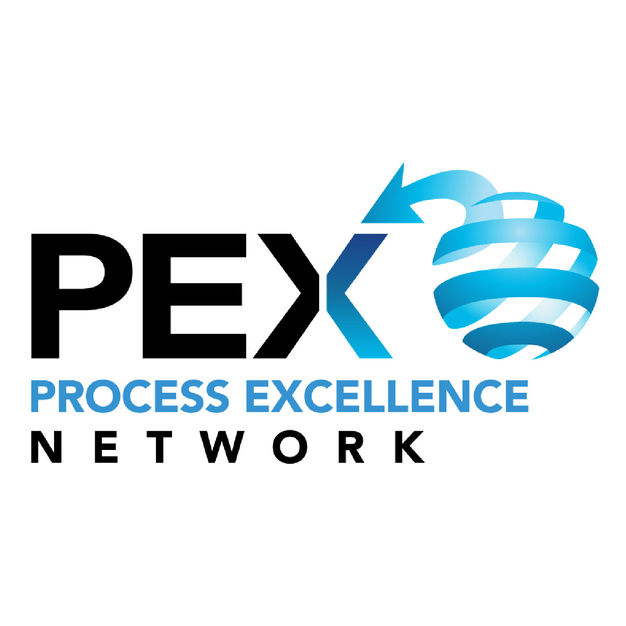
PEX Network | Process Excellence Network
Seth Adler
Examining organizational effectiveness and efficiency.
- 23 minutes 59 secondsEp. 156: Reka Mishra, SVB
Reka Mishra is the managing director of the transformation office for the SVB Financial Group. She lays out the basics of mergers and acquisitions before diving in on operational excellence. For M&A, it is imperative to have a target operating model in place. That model must consist of four key elements: people, process, technology, and data. Change management, communication, and HR must also be involved from the onset in order to best address the concerns of the employees. When M&A happens for the sake of digital transformation, it is especially critical that the enterprise is sensitive to the human element. Reka explains how to strike the right balance in order to make the transition as smooth as possible. Mergers and acquisitions aren’t a one-and-done, and they must lead from the top. As Reka says, “It's absolutely critical to get all the executives aligned and in agreement because then you can have a very clear path forward, and then you know you're meeting everybody's expectation. And also it's helpful in them communicating to their employees what's happening at an organization-wide level. It's a consistent message. It's a consistent buy-in.”
7 April 2020, 8:00 am - 28 minutes 50 secondsEp. 155: Adrian Terry, GM Financial
Adrian Terry, VP of GM Financial’s OpEx function, discusses their unique approach to IT and RPA. Initially, IT had some processes they wanted to automate. From there, a pilot was developed. It soon became clear that the broader organization could benefit from similar processes, so GM onboarded their own RPA business automation talent. Now, IT and RPA have been conjoined. While each department still has their direct leadership, the “two headed monster” reports to a governance function. Next, Adrian details the execution and benefits of the pod model they’ve developed. After Adrian explains the structure, deployment, and communication aspects of the design, he talks scale. Finally, after briefly touching on some growing pains of the transformation, Adrian sums up the meticulous, thought-out execution of the pods and the future of the business. Adrian doesn’t do anything unless he does it well.
31 March 2020, 8:00 am - 22 minutes 30 secondsEp. 154: Kristen Workman, Schneider Electric
Joining us today is Kristen Workman, director of lean office transformation at Schneider Electric. While she has been with the company for over 20 years, she only recently entered her current role. In this conversation, she discusses the transition into a new department. Coming in as an outsider, Kristen has the advantage of looking at team projects through an objective lens while still maintaining the integrity of the company she knows so well. Kristen further discusses the advantages of “diversity of thought.” Next, Kristen stresses the importance of engagement across the enterprise, from the C-suite down. Without a general understanding of company processes, alignment is difficult. Kristen carried her “what works, what doesn’t” strategy into her new role, but that’s not to say she is bored with the same ol’. The continuous improvement journey never ends, as new technologies, and opportunities are ever present. Kristen shares more of her problem-solving strategies and opinions on the future of work, technology, and enterprise throughout the rest of this episode.
24 March 2020, 8:00 am - 21 minutes 26 secondsEp. 153: Gary Pilacinski, L.A. Care Health Plan
Gary Pilacinski, director of business process improvement engineering with LA Care Health Plan, discusses the importance of cultural transformational change. From start-ups to legacy organizations, Gary stresses how critical culture is for the success of an enterprise. One common stumbling block to a successful culture change is a lack of buy-in from the C-suite. Conversely, if upper management sees a need for change but doesn’t effectively implement it, employees who have been with the organization for years—or decades, even—may get stuck in their ways. If that is the case, empowering frontline staff is key. Gary discusses ways to do just that. He also elaborates on how he is working to implement Lean and PI within his organization and how healthcare at large can approach the same issues. Hint: training the trainers is key. Change is uncomfortable. But with transparency, engagement, and most important, keeping the interests of the patient front and center, Gary believes Lean culture transformations are not only possible, but necessary for the success of the healthcare sector and those it serves.
17 March 2020, 8:00 am - 30 minutes 28 secondsEp. 152: Karen Tilstra, Florida Hospital
Karen Tilstra is the co-founder of the Florida Hospital Innovation Lab. In this conversation, Karen emphasizes the intent of the Innovation Lab, which, not surprisingly, is innovation. However, the process to innovation is often overlooked. Karen describes it as a “multifaceted journey of learning, of discovery, of openness.” In other words, innovation isn’t instantaneous, nor does it happen in a silo. When a brand thinks they know what’s best for their customers—instead of interacting with those customers—it’s often the beginning of the end. Karen details Sears’ downward spiral as an example. Next, Karen questions the value of the typical enterprise growth mentality. Is “grow or die” a myth or a reality? True, meaningful innovation involves the application of certain soft skills that aren’t immediately apparent. Karen drives their importance home in this insightful, outside-of-the-box conversation.
10 March 2020, 8:00 am - 16 minutes 32 secondsEp. 151: Peter Van Den Heuval, Shell
Peter Van Den Heuval, product manager with Shell, is better known internally as Peter PI. In this conversation, he explains the origin story of his nickname, a nod to Shell’s use of OSIsoft’s PI System data infrastructure. Shell has been ahead of the data game since 1996, as they understood the long-term implications of real-time data and looked for a platform to store and analyze that data. PI fit the bill. Now, as technology and processing power has bumped data into the next frontier, Shell applies advanced analytics to the massive amount of data they’ve collected. Peter shares examples of complicated calculations they benefit from due to big data and real-time process analytics. Next, Peter explains how Shell plans to implement IoT in order to collect meaningful data for predictive analytics that leads to actionable change. Peter also explores the soft skills involved in staying passionate about data and its power. He enables Shell’s workflow the ability to take action on data by simplifying the data process through PI. Ultimately, creating a safe, effective product is Peter’s motivation.
3 March 2020, 9:00 am - 22 minutes 6 secondsEp. 150: Steven Remsen, Intel
Intel’s Steven Remsen made the cross-country trip from Portland, OR to Orlando for OPEX Week 2020. We caught up with him to discuss process mining. Steven starts out with a quick history of a few special algorithms before noting the strengths of traditional mapping methods. As a practitioner, he understands the three basic steps of process mining from the academic space: discovery, conformance, and enhancement. Steve’s science background sets him apart from some other data scientists who see the black boxes of AI as collateral. Steven looks under the hood. After all, he notes, finding an AI solution to a business problem isn’t enough—it must be the correct solution. Next, Stephen shares a multi-million-dollar solution to a bottleneck in Intel’s fabrication process that was achieved through a quick and easy process mining activity. Next, Steven drives home the backbone of any successful AI implementation: people. In order to process mine in a holistic way, as Steven says, “It’s always people, process, technology.” He demonstrates this point with one more fantastic story about how data won’t work together if people can’t.
25 February 2020, 9:00 am - 32 minutes 15 secondsEp. 149: Joe Jordan, Edward Jones
Joe Jordan joins us from OPEX Week in Orlando. As the director of operational excellence for Edward Jones, Joe sought inspiration from the hit TV show Shark Tank to give a platform to the innovative minds of Edward Jones. If anyone across the firm’s workflow has an idea about how to transform their part of the business, they are given the opportunity to present it to the C-suite. If the idea ultimately increases Edward Jones’s ROI, the C-suite signs of on funding the technology that bring the idea to fruition. It’s an exciting opportunity for voices across the company to be heard and is a win/win for morale and profit. Over the last year, they’ve held about 15 of these Shark Tank sessions and have signed off on 100% of them. Joe explains exactly how the process works and provides a few simple yet powerful examples, from automatic signature verification to RPA processes. Finally, Joe explains what they look for in an employee with the acronym BLT: that is, business acumen, leadership, and technology. Ultimately, the firm’s focus on a growth mindset across all verticals of the organization is what keeps Edward Jones as an industry leader.
18 February 2020, 9:00 am - 34 minutes 17 secondsEp. 148: Angie Fearn, TD
Angie Fearn comes to us from OPEX Orlando to discuss diversity of thought and its importance for enterprise. While diversity has become a loaded buzzword, Angie refocuses its compass around the way different people come with their own set of skills and capabilities. As a leader—and a human—it is natural to want to hire people who look and think like you. It takes an insightful leader to actively diversify their talent in order to fill in the gaps that exist within the leadership team and the enterprise at large. Angie explores the differences between subject matter experts and soft skill experts. Balancing the two in a way that makes sense ensures that employees are ready for the future of work, while still bringing their current expertise into the role. Angie offers several in-depth examples of transformation done right, what the future of the workforce looks like, and the role AI plays in it all.
11 February 2020, 9:00 am - 30 minutes 57 secondsEp. 147: Dmitry Popov, Mann + Hummel
Dmitri Popov, global service management lead for Mann + Hummel Group, joins us today to discuss scaling RPA. Dmitri himself admits that such a process is painful, in part because of the few successful enterprise examples for which to model after. Dmitri points to IBM as a company who has done it well. Next, Dmitri discusses how to leverage shared services in the most efficient way, exemplifying R&D and certain purchasing aspects. One of the most difficult components of implementing RPA across the workflow is acceptance and adherence. Dmitri doesn’t mince words when it comes to what it takes in a person—not just an enterprise—to accept change, no matter how positive that change may ultimately be.
4 February 2020, 9:00 am - 25 minutes 22 secondsEp. 146: Kai-Eberhard Lueg, Siemens
In this episode, Kai-Eberhard Lueg, Global Business Solutions expert with Siemens, discusses the future of automation. Specifically, commerce is experiencing a new type of customer expectation that involves an increase in personalization and speed. While these two concepts seem counterintuitive, digitalization and shared services make it possible. Digitization is only as effective as the foundation it was built on, however, so Mr. Lueg details the best way to move forward on firm ground. Finally, Mr. Lueg emphasizes the importance of human talent. By building a culture of curiosity and innovation, both employees and enterprise benefit from the expectation and execution of upskilling and reskilling with an emphasis on technical skills.
28 January 2020, 9:00 am - More Episodes? Get the App
Your feedback is valuable to us. Should you encounter any bugs, glitches, lack of functionality or other problems, please email us on [email protected] or join Moon.FM Telegram Group where you can talk directly to the dev team who are happy to answer any queries.
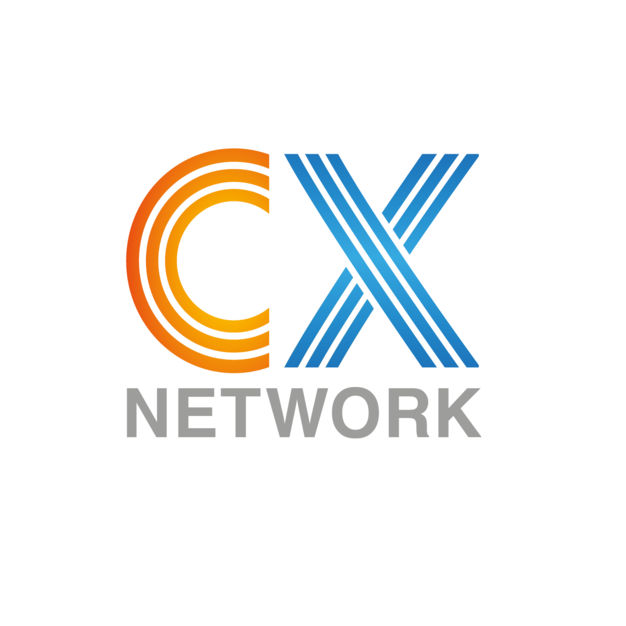 CX Network
CX Network
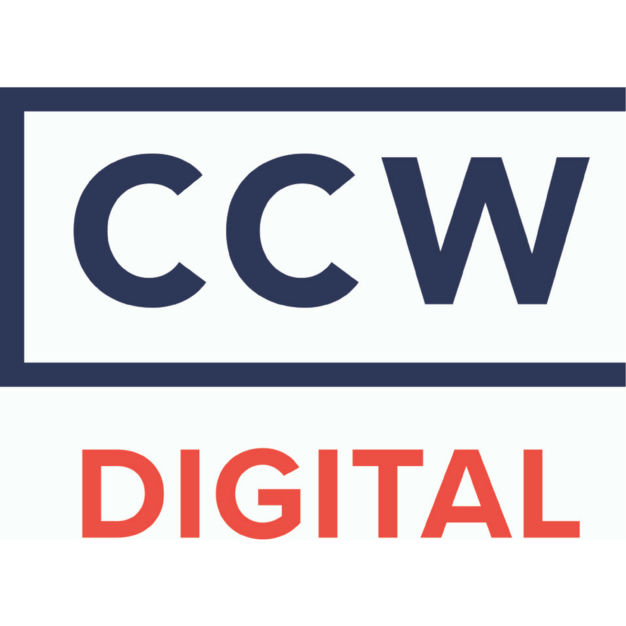 CCW Digital: A Customer Service Online Platform
CCW Digital: A Customer Service Online Platform
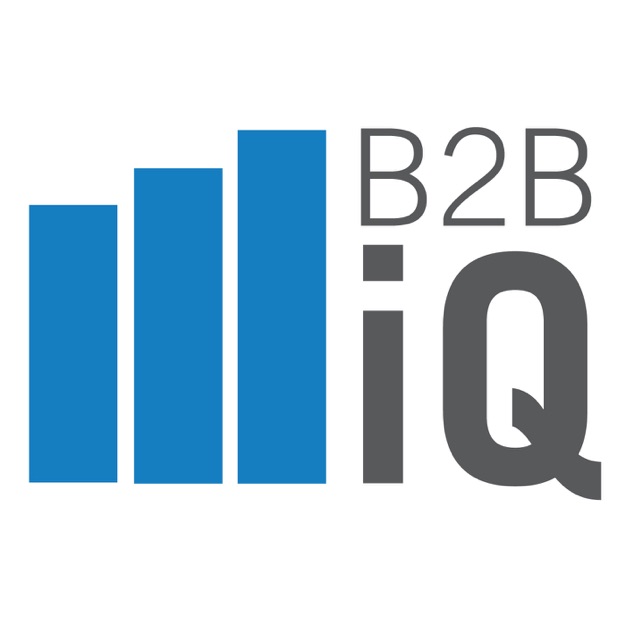 B2BiQ
B2BiQ
 SSON : Shared Services & Outsourcing Network
SSON : Shared Services & Outsourcing Network
 The AI Network Podcast
The AI Network Podcast
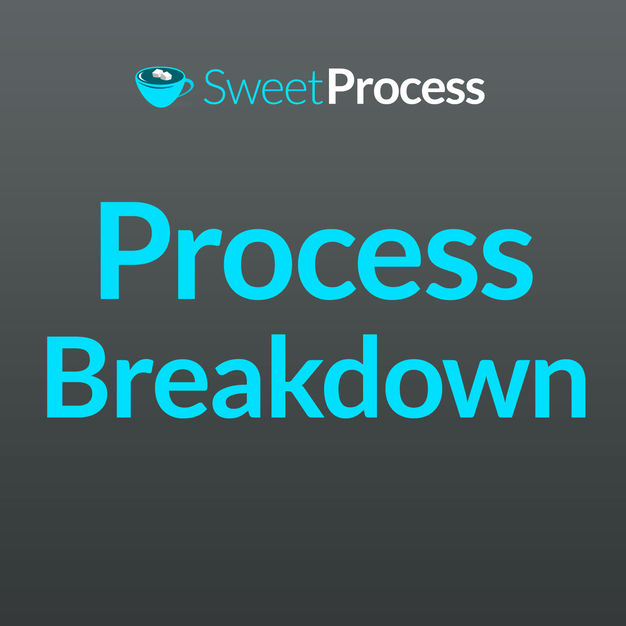 Process Breakdown Podcast (audio)
Process Breakdown Podcast (audio)